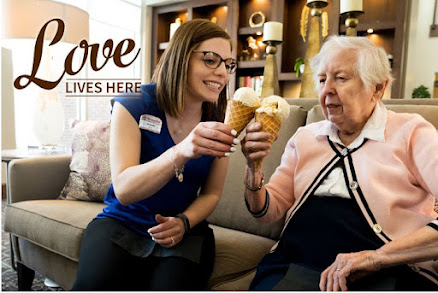Safety Tips for Using a Walker
If you are at the point in life where you are not as stable as you used to be, have balance problems, arthritis or leg weakness; a mobility aid such as a walker could help keep you moving and lessen your chance of a fall. The first thing to do is work with a physical therapist or your healthcare provider to discuss the best type of walker for your personal needs and comfort. There are several fit points to consider as well as styles.
One common choice is a standard walker with four rubber-tipped legs and no wheels. Experts say it provides the most stability but has the drawback of having to pick it up to move. Other choices include walkers with wheels. A two-wheel walker has the wheels on the front two legs and can be helpful for those who have trouble picking up a standard walker. Four–wheel walkers may help those very unsteady on their feet but at the same time, can be a bit less stable. It may be safer to try using a four-wheeler with a seat.
Another important step in getting the proper walker is the height of the arms. The Mayo Clinic suggests stepping into the walker with your shoulders relaxed and upright. Elbows should be able to comfortably bend at 15 degrees. Other tips include remembering to stand upright when using as it is easier on your back, and to move one step at a time. Step into the walker with each step rather than walking behind it.
Use caution when using a walker on a slippery or wet surface, and even carpet requires extra care. Just as you do when you walk on your own, be sure to wear sensible low-heeled shoes that fit well. Experts say laces help customize the shoe to the foot.
Add-ons and various options make walkers more convenient. Fold-up models allow them to be easily transported. Attachable bags and baskets ensure you can carry items you need while keeping hands-free to concentrate on safely moving the walker. Other options include trays for drinks or meals and seats.
At the MorningStar of Littleton senior living community, we provide the area’s finest assisted living and memory care. Our assisted living suites are available in a smart selection of floorplans and configurations and designed with handicap-accessible bathrooms and 24/7 emergency call systems. Hallways and doorways safely accommodate the needs of residents. For seniors with Alzheimer’s and other forms of dementia, our distinct Reflections Neighborhood’s memory care is devoted to the specialized, individualized needs of our most tender residents. Contact us to set up a tour to see firsthand senior living at its best.
Source: mayoclinic.org/healthy-lifestyle/healthy-aging/in-depth/walker/art-20546805




Comments
Post a Comment